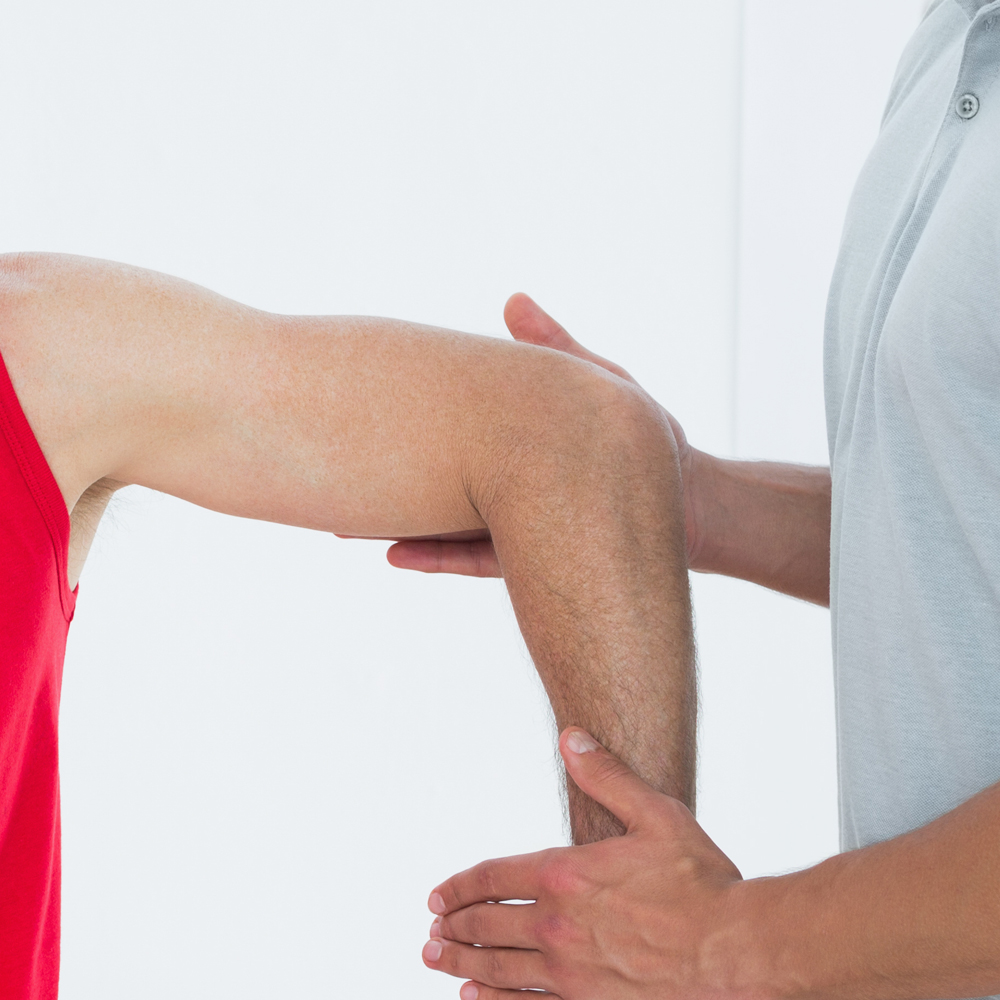
The use of of physical therapy and/or exercise is integral to relieving musculoskeletal pain. Sometimes physical therapy and exercise are the first lines of treatment, other times they may help manage chronic pain, or provide pain relief after surgery. Unlike other conservative treatments (medication, injections, etc.), physical therapy can also help prevent and/or lessen future recurrences of pain in the body. Contact us for more information.
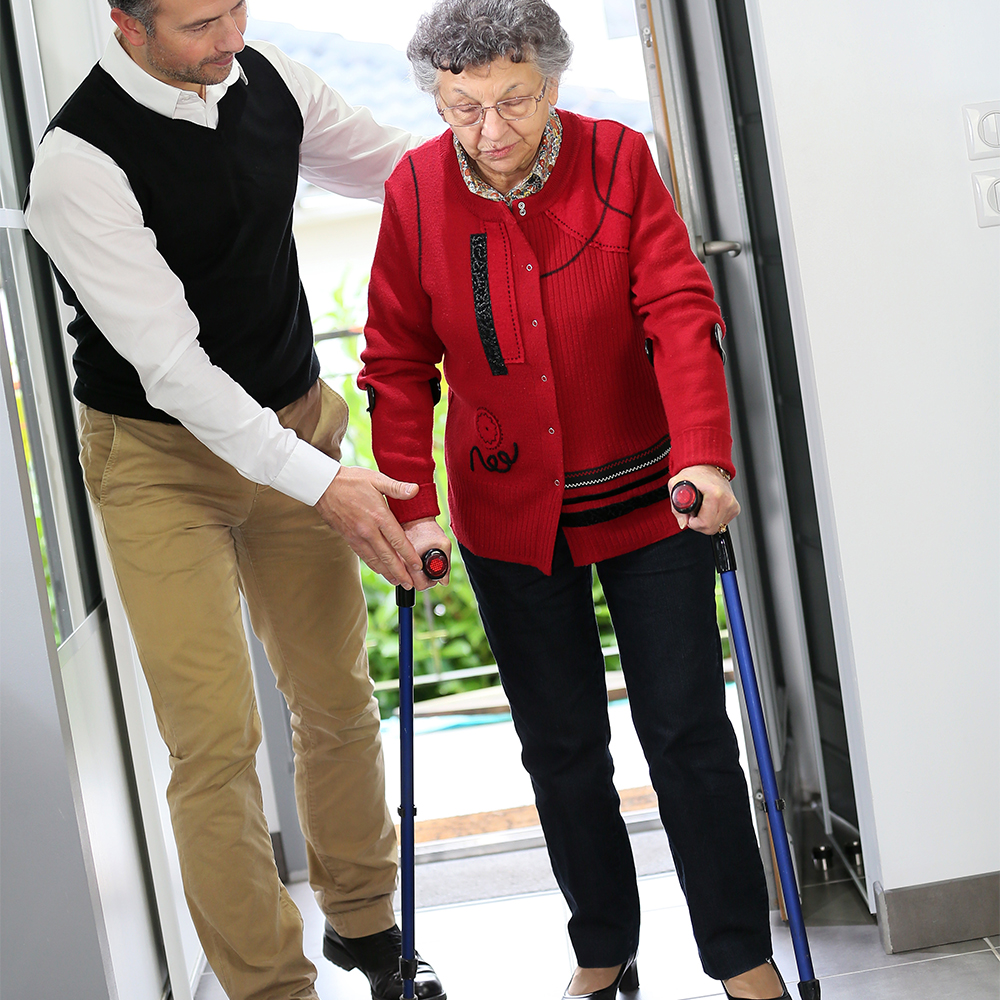
As physical therapists working in the home, one of our biggest areas of treatment revolves around balance and fall prevention. Falls are the number one reason for injury and emergency room admittance amongst seniors. In fact, of all seniors over the age of 65, one in three will have a fall this year. Over the age of 80, the likelihood of a fall increases to 50%. Moreover, those who do fall once have a 75% chance of falling again within six months. As you can see, balance and fall prevention is of paramount importance to us as physical therapists for the geriatric population. Contact us for more information.
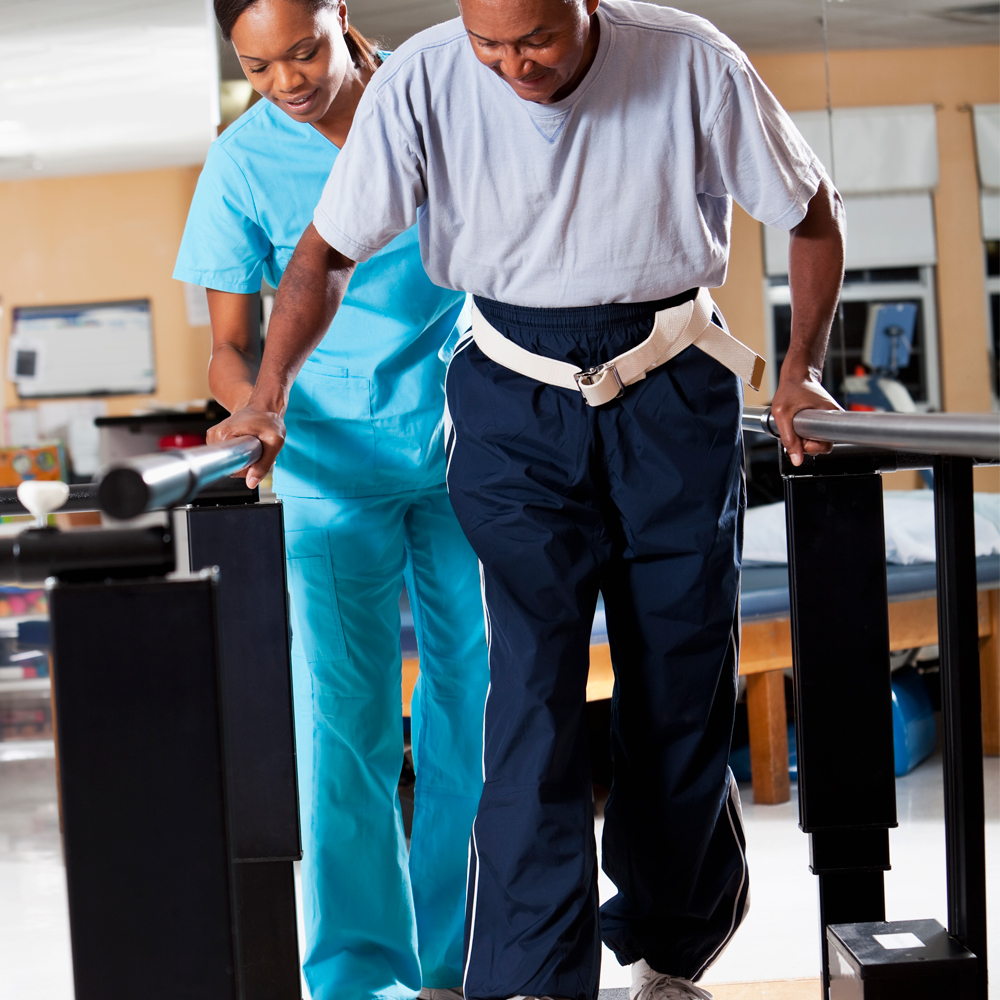
Physical therapists offer many options for treating balance problems, based on each person’s needs. They are trained to evaluate multiple systems of the body, including the muscles, joints, inner ear, eye tracking ability, skin sensation, and position awareness in the joints (proprioception). Physical therapists are experts in prescribing active movement techniques and physical exercise to improve these systems, including strengthening, stretching, proprioception exercises, visual tracking, and inner ear retraining. We can help treat your balance problems by identifying their causes, and designing an individual treatment program to address your specific needs, including exercises you can do at home. Contact us for more information.
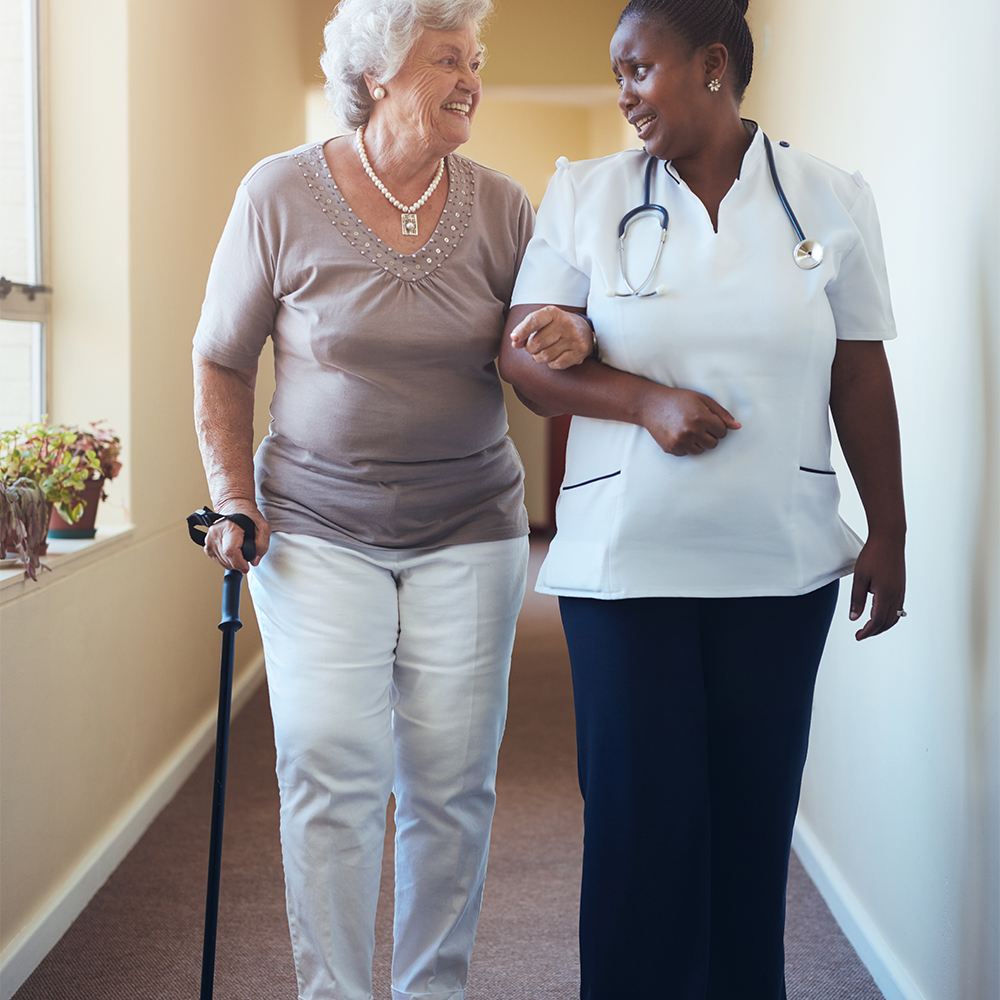
Physical therapists play a vital role in helping individuals improve their gait, or walking. Your physical therapist will help you focus on retraining the way you walk. Gait abnormalities may be caused by an underlying condition such as vestibular, neurological, or muscular, or may be a result of a surgical procedure. Your physical therapist will design the safest and best training for your specific condition. Because gait dysfunctions are related to many different types of underlying conditions, they may not be preventable. However, if they are addressed and treated early, many gait dysfunctions can improve and will not result in additional problems, such as falling. Contact us for more information.
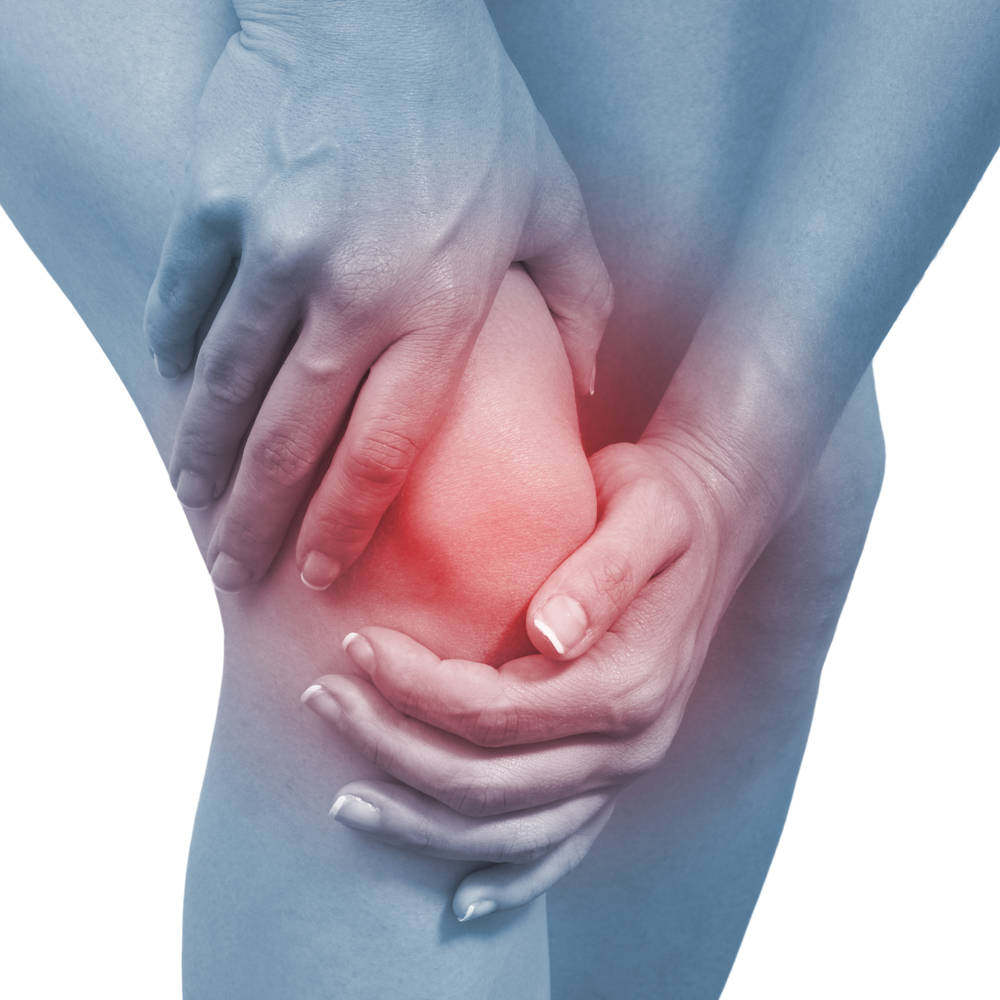
Arthritis is a term used to describe inflammation of the joints. Osteoarthritis (OA) is the most common form of arthritis and usually is caused by the deterioration of a joint. Physical therapy has proven to be an effective treatment for OA, and may help you avoid surgery. Although the symptoms and progression of OA are different for each person, starting an individualized exercise program and addressing risk factors can help relieve your symptoms and slow the condition's advance. Contact us for more information.
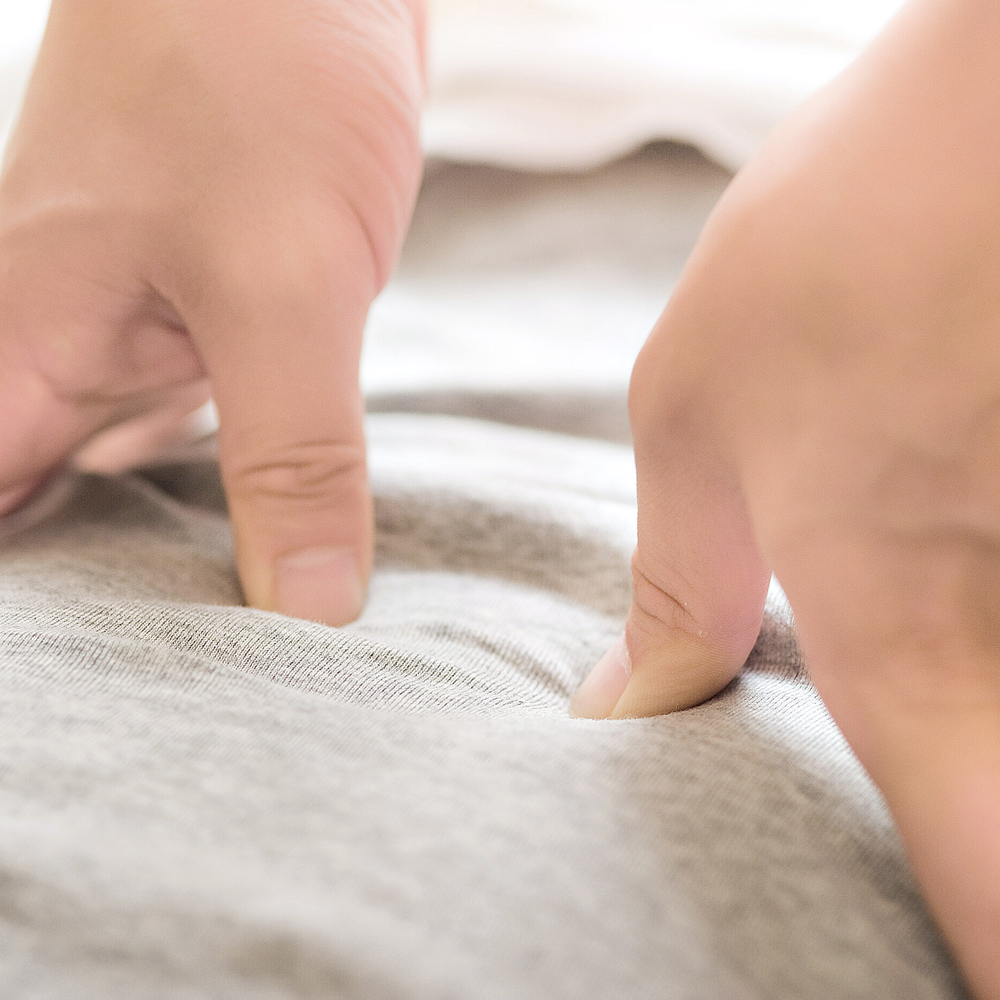
A physical therapist can help you improve or restore mobility and reduce low back pain—in many cases, without expensive surgery or the side effects of medications. Not all low back pain is the same, so your treatment should be tailored to for your specific symptoms and condition. A physical therapist will design an individualized treatment plan for your specific back problem. Treatments may include: Manual therapy, including spinal manipulation, to improve the mobility of joints and soft tissues, strengthening and flexibility exercises, training for proper lifting, bending, and sitting, education about how you can take better care of your back, ice or heat. Contact us for more information.
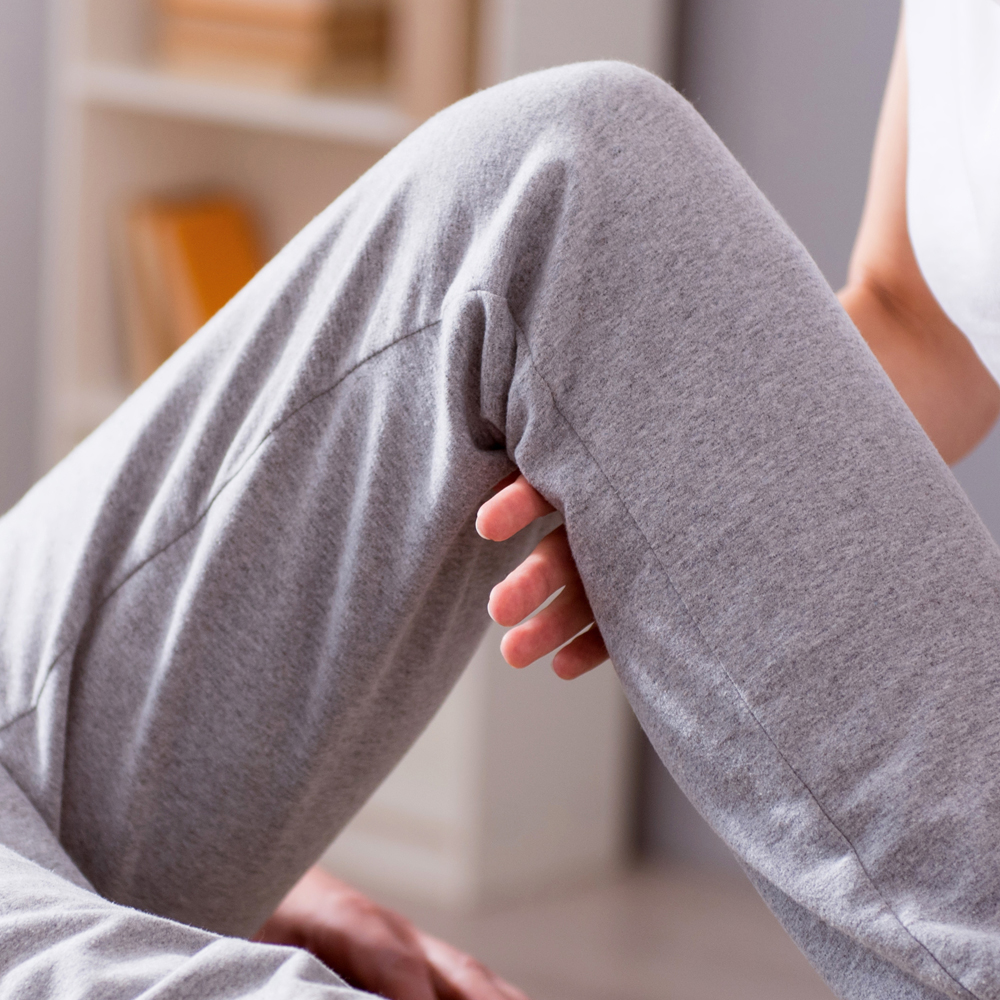
After surgery, you may experience stiffness and muscle weakness in the operated joint . Post surgical pain is also common. Your therapist will review any post surgical precautions to prevent re-injury and to help restore your full function. Your physical therapist will teach you how to correctly put weight on the affected leg, or begin using the affected arm, and will recommend an assistive device, such as crutches or a walker or cane to minimize discomfort as you work to restore your physical function. The therapist will also work on range of motion and stretching exercises, and weight-bearing activities to restore your function to optimal levels, within the guidelines established by your surgeon. Contact us for more information.
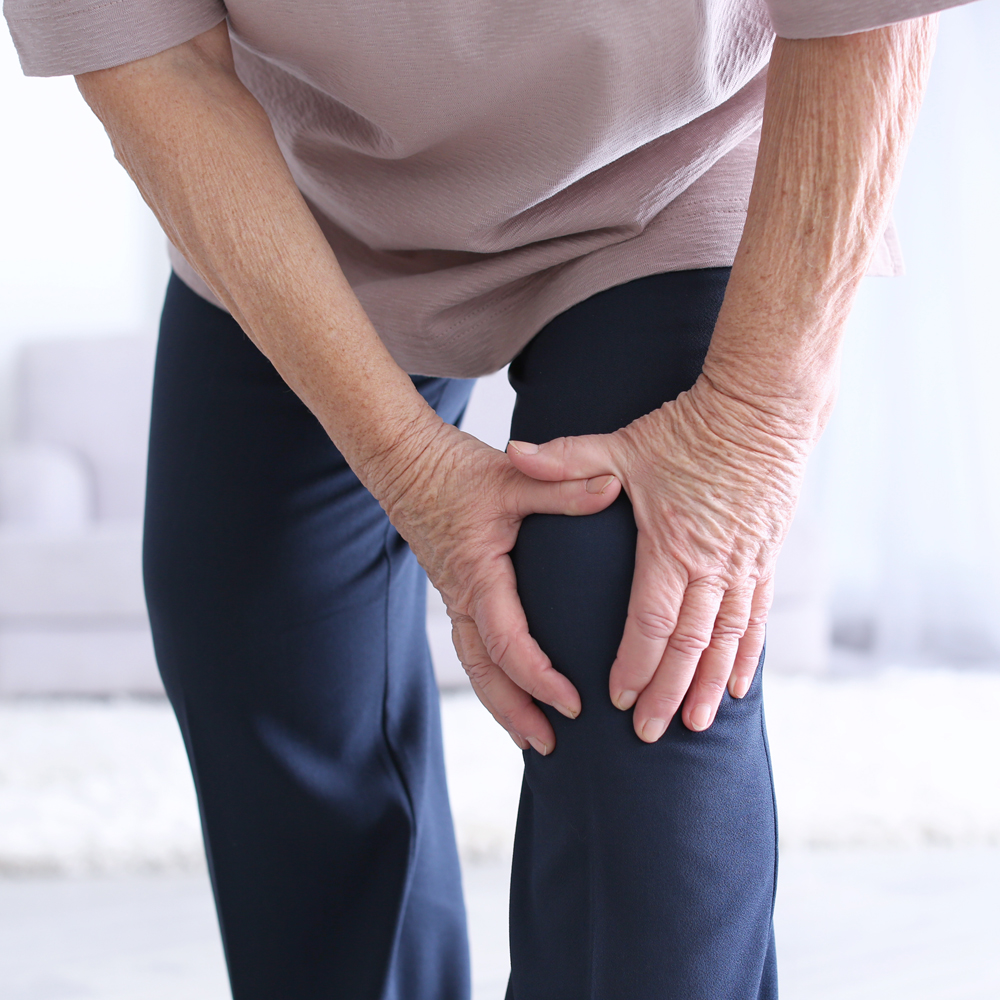
A total joint replacement involves removing the arthritic parts of the bones and replacing them with artificial parts. Physical therapists help people receiving a total knee replacement regain movement and function, and return to daily activities. Your physical therapist can help you prepare for and recover from surgery, and develop an individualized treatment program to get you moving again in the safest and most effective way possible. Contact us for more information.